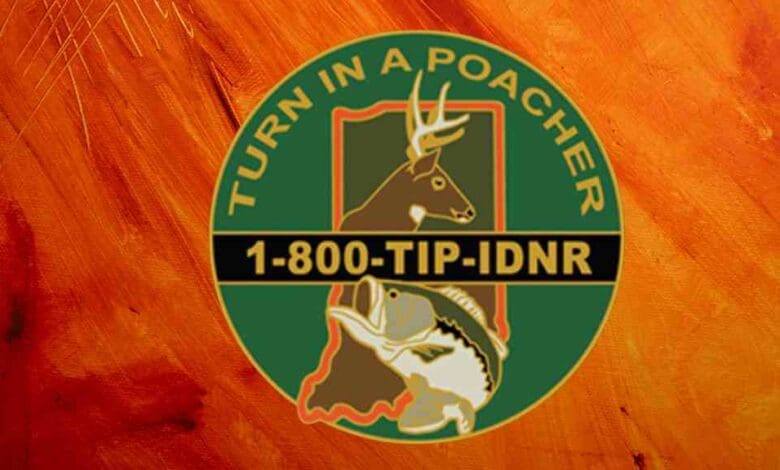Safety and Ethics in Hunting

As a hunter who spends time mentoring other hunters, two of the things I focus on when mentoring other hunters is safety and ethics. Both of these facets are incredibly important parts of hunting for obvious reasons. Teaching hunters how to be safe in the field and to follow the laws of hunting are as important as showing them how fun hunting can be and teaching ethics protects hunting for generations to come. It is important to show that hunters are responsible even when no one is watching and that we must all watch out for each other and work together.
When mentoring a new hunter, I make safety the first and most important topic of conversation. We cover safety from the very first phone call and all the way through our hunt. If we are hunting birds, I do a safety talk before we even start no matter how experienced the hunters are just to remind us all that we must keep each other safe and on point. When hunting big game, we talk about not loading the weapon until we are in the field and we talk about crossing fences, muzzle control and keeping the safety on at all times until you are ready to shoot.
Throughout my time with a new hunter, we also talk about conservation and the importance of how hunters have made a difference for wildlife and our public lands and we talk about how hunters have managed wild game through science and in partnership with our game and fish offices in every state. We also begin to talk about ethics in hunting and the importance of hunters working together to make hunting better. All hunters have an ethical responsibility to do the right thing when out in the field, especially when no one is watching.
As well when we are in the field, it is often hunters who see things that happen that are not legal and we have an obligation to turn in those tips to law enforcement so that they can investigate the situation. Indiana as well as many states have a program like TIP to assist those in the field to report situations that they believe to be against the law for both hunting and fishing violations. As well these programs allow folks to turn in polluters and folks that dump trash on our public lands. These kinds of programs work to protect the wildlife and fish in our state and make a difference on a day to day basis. While these programs can reward you by as much as $500.00 if your TIP leads to an arrest, you can remain anonymous.
The real reason for acting on these kinds of things while you are in the field is to protect our natural resources for all users across the state. While we are highlighting the programs in Indiana, if you look around across the country many states have created programs like this to make a difference across our great nation.
What is TIP?
Turn in a Poacher and Polluter, Inc. (TIP) is a non-profit conservation organization that works hand-in-hand with Indiana DNR Law Enforcement to protect our fish and wildlife resources by increasing public support and involvement in bringing violators to justice.
A poacher is a thief who illegally steals wildlife that belongs to each Indiana citizen. Poachers rob licensed, ethical hunters and anglers from recreational opportunities they bought through license fees. Pollution kills Indiana’s valuable fish and wildlife resources and harms habitat. Citizens can help stop poachers and polluters in two ways. If you see, hear or learn about a poacher or pollution that results in the death of fish and wildlife, or any other fish and wildlife violation:
• Call 1-800-TIP-IDNR • Submit a TIP online at www.tip.IN.gov
If your TIP leads to an arrest, you may receive as much as a $500 reward, and you can remain anonymous. More information is available at https://www.in.gov/dnr/lawenfor/2745.htm
